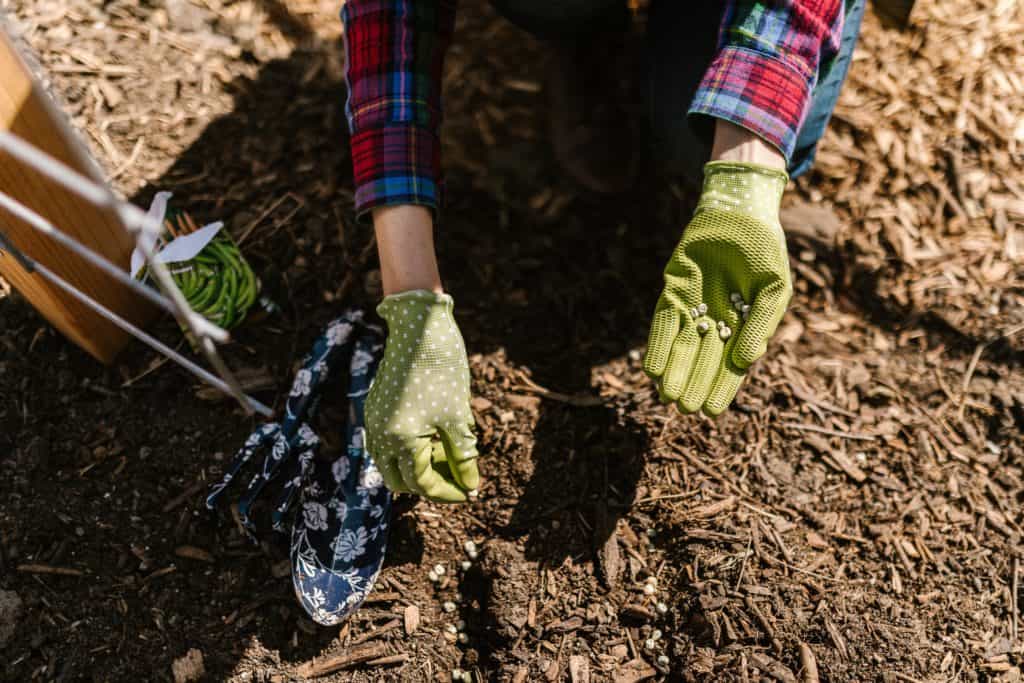
Image: Pexels
Healthy gardens need the right mix of nutrients to thrive. The best way to improve your garden’s health is by adding essential nutrients and plant nutrients to your soil. Luckily, there are plenty of cost-effective, natural ways to do this!
When it comes to adding soil nutrients to your garden, organic methods are generally the best option. Chemical fertilizers and other solutions can have adverse effects on your soil, stripping them of its natural nutrients and potentially causing long-term harm.
So, what are some easy, organic ways to add plant nutrients to your garden? From mulch to manure and everything in between, we’ll show you how to give your plants a nutrient boost all year round. Read on!
What are plant nutrients and why are they important for your garden?
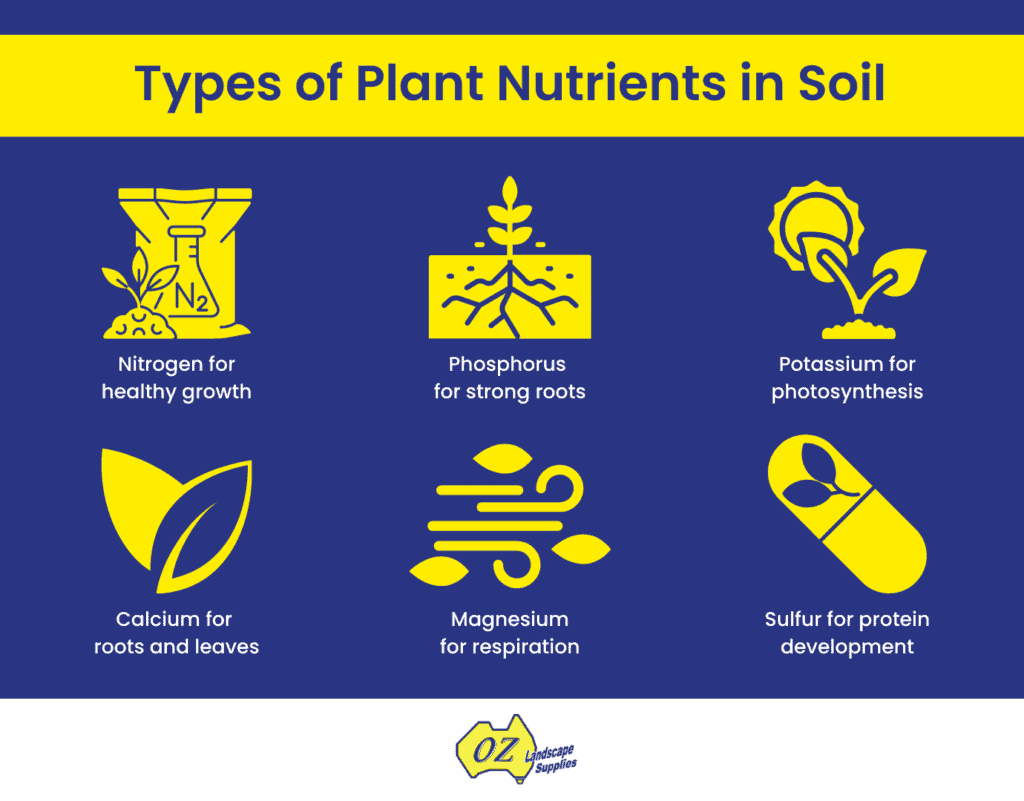
When it comes to keeping a healthy garden, you need the right mix of elements to keep your lawn, soil and plants happy. There are six types of plant nutrients that are essential for any garden:
- Nitrogen — Nitrogen stimulates plant growth, helping your garden flourish with long, leafy plants. When absorbed, nitrogen is transformed into amino acids that help proteins develop in your pants.
- Phosphorus — Phosphorus lets your plant’s root system grow stronger. It also improves their disease resistance and can prevent pests from infecting your plants.
- Potassium — Potassium is a great all-rounder for plant health and assists your plants with the photosynthesis process. It’s an essential element for Australian gardens as it helps your plants tolerate extreme heat and drought conditions.
- Calcium — Much like in humans, calcium is great for making your plants grow big and strong. By stimulating their leaf and root development, calcium builds tissue that creates a stronger plant structure and also helps with nutrient absorption.
- Magnesium — Magnesium assists with the photosynthesis process and improves plant respiration, helping your plants absorb CO2.
- Sulfur — Like nitrogen, sulfur improves protein formation in plants with its unique combination of methionine, cysteine and cystine — three essential amino acids for plants.
It’s important to have the right mix of plant nutrients to keep your soil healthy and thriving. Too little or too much of one element can throw off the balance and have a harmful effect on your plants and lawn.
Take a look at our five simple ways to add plant and soil nutrients to your garden!
#1. Mulch
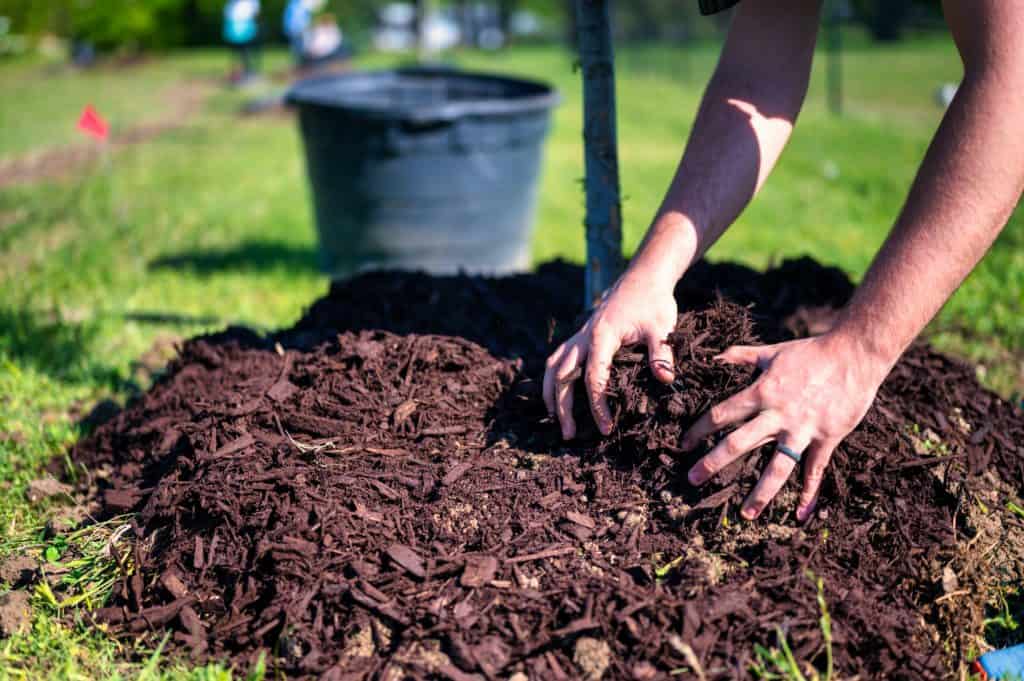
Image: Pexels
High-quality organic mulch contains a powerful mix of carbon, nitrogen and a range of micronutrients that can help your garden thrive.
Applying a layer of mulch to your soil will help your plants absorb these essential nutrients while also sealing in existing nutrients, making it a great source of insulation for the soil. It also protects bare soil from strong heat and harsh sunlight, which can sap your soil of essential nutrients.
Plus, mulch prevents weeds from growing on bare soil, saving you time and energy in keeping your soil weed-free!
Types of organic mulch include:
- Garden mulch
- Forest mulch & forest fines
- Pine bark mulch
- Leaf mulch
- Red wood chip mulch
- Hardwood chip mulch
- Cypress chip mulch
- Soft fall playground mulch
#2. Grass clippings
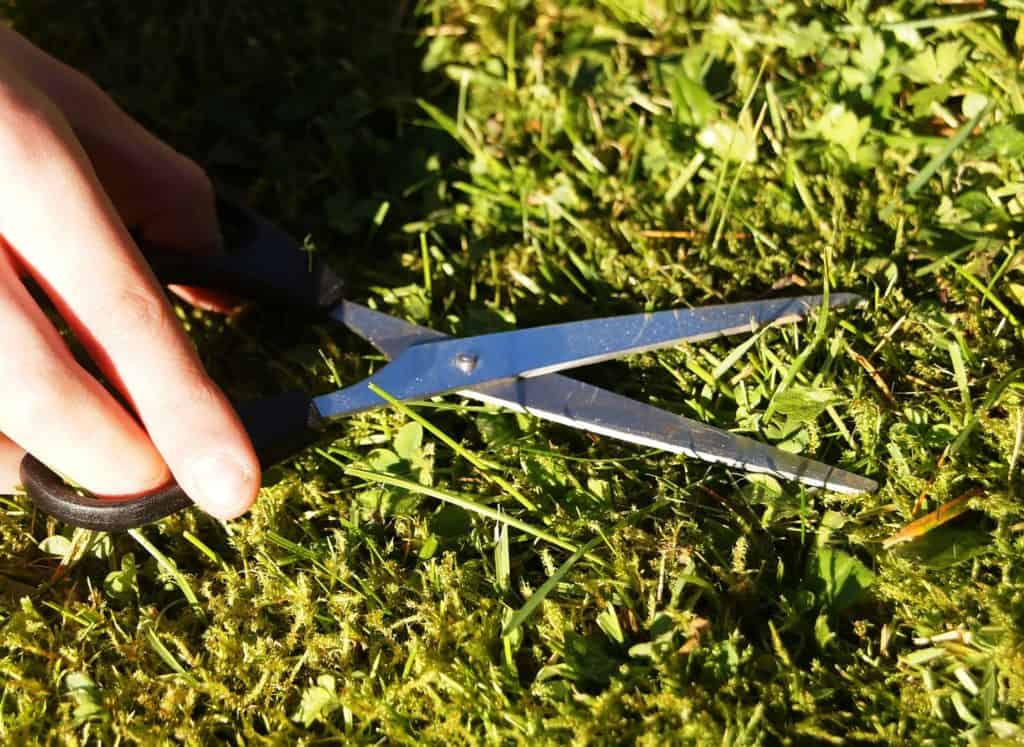
Image: Pixabay
Save time cleaning up after your next morning mow by putting those leftover grass clippings to good use! Store your clippings in a bag and scatter them across your soil as needed. Grass clippings help your soil hold moisture and — similar to mulch — can help prevent weeds from sprouting.
To give your soil an even bigger nitrogen boost, try soaking your clippings in water. Then, use your grass-clipping water next time you water your garden!
#3. Compost
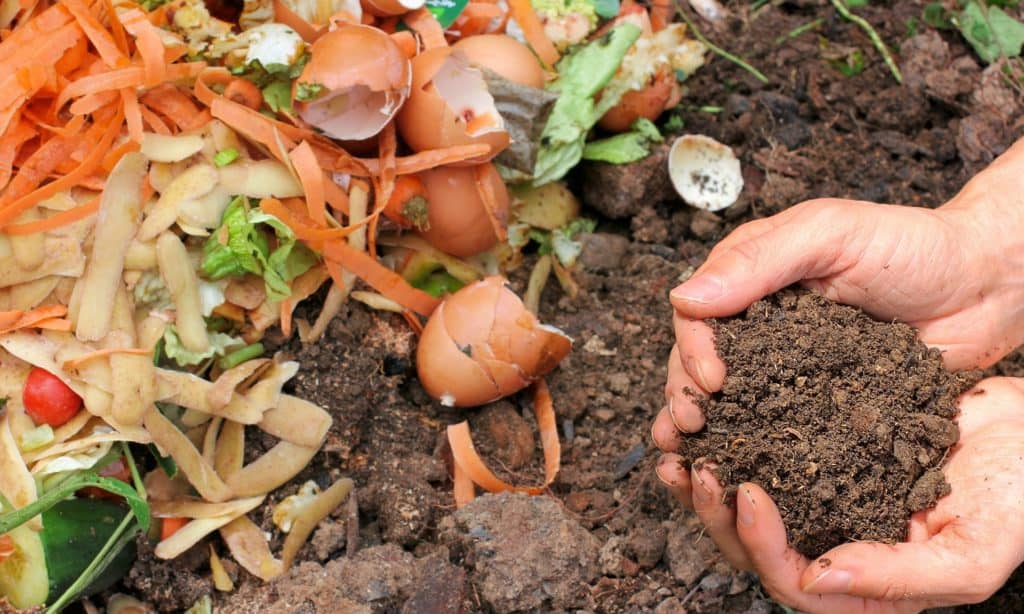
Image: Pixabay
Compost is made of recycled organic matter like leaves and food scraps, which can be easily made right in your backyard!
To create your compost, combine a mixture of nitrogen-rich green materials like grass clippings, weeds and veggie scraps with carbon-rich brown materials like wood chips and straw. Be sure to mix your compost together occasionally to make sure it combines evenly. Then, scatter your compost across your soil and let it enrich your garden with the perfect mix of soil nutrients!
#4. Manure
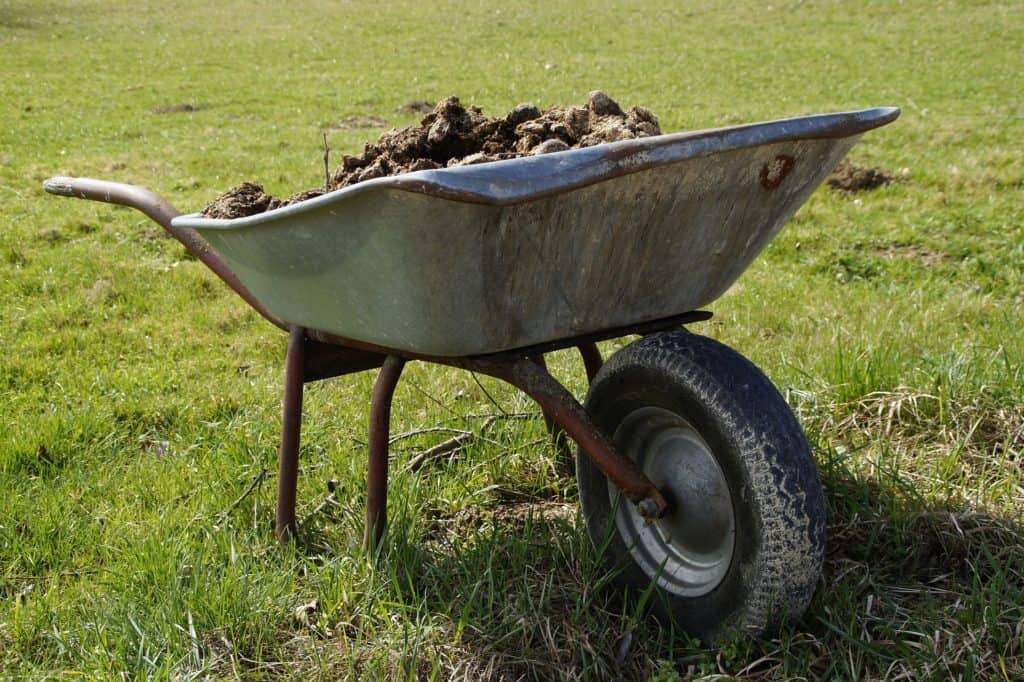
Image: Pixabay
While it might smell unpleasant, manure is rich in natural elements that can help your lawn thrive. It also has one of the most balanced mixes of plant nutrients available, with a combination of nitrogen, phosphorus, potassium and a range of micronutrients.
Layer your manure across your soil or grass and water it thoroughly. You can also mix manure with compost for an even stronger nutrient boost! The manure will gradually break down and be absorbed into your garden over the course of a couple of weeks.
Manure can be easily sourced from local livestock or purchased in-store, depending on your type of choice.
Give your garden the soil nutrients it needs with an organic mulch from Oz Landscape Supplies
Not sure which type of mulch is best for your lawn? We’re here to help. At Oz Landscape Supplies, we’re experts when it comes to all things mulch. Whether you’re protecting your soil from weeds, giving your plants a nutrient boost or doing some natural landscaping in your garden, we’ve got the right mulch for you.
Browse our range online or speak to a member of our team — we’ll help your garden thrive all year round!
